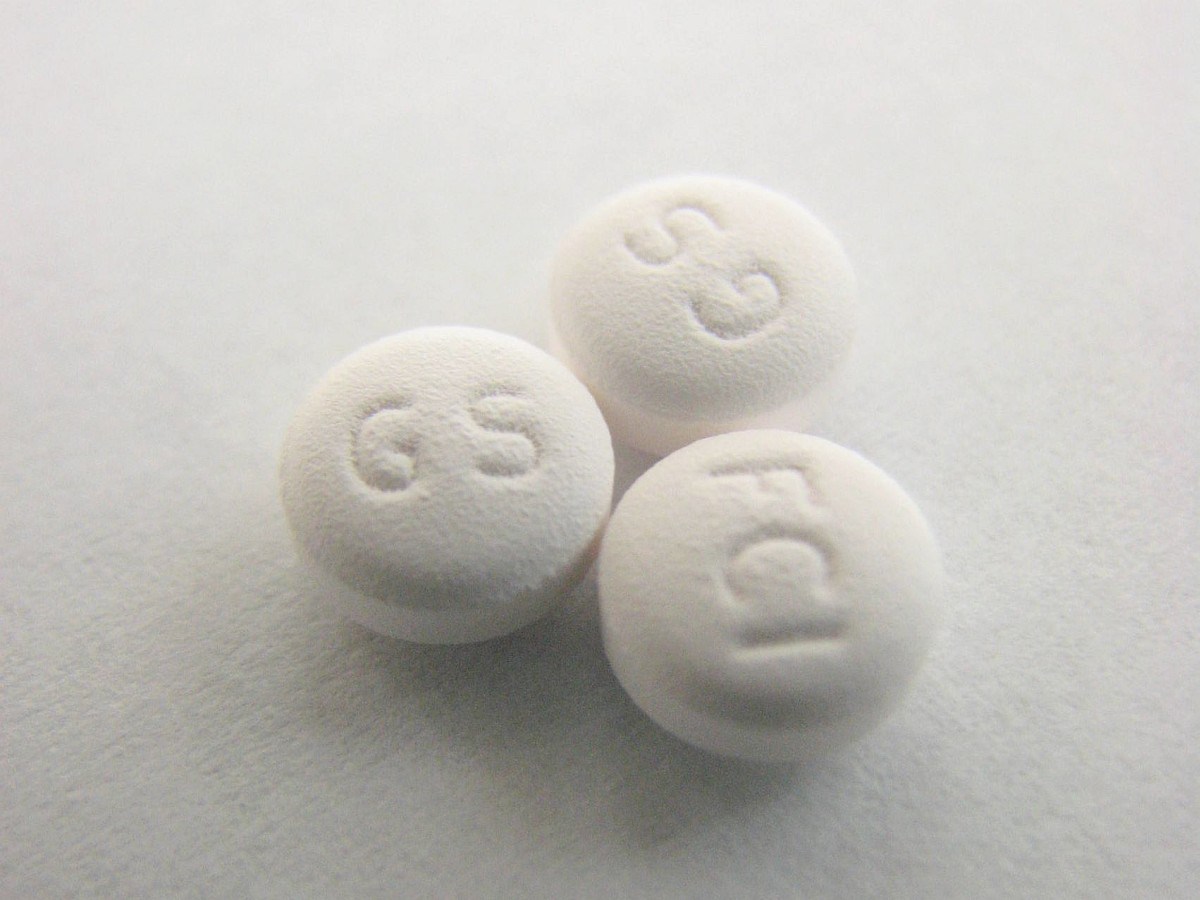-
Tips for becoming a good boxer - November 6, 2020
-
7 expert tips for making your hens night a memorable one - November 6, 2020
-
5 reasons to host your Christmas party on a cruise boat - November 6, 2020
-
What to do when you’re charged with a crime - November 6, 2020
-
Should you get one or multiple dogs? Here’s all you need to know - November 3, 2020
-
A Guide: How to Build Your Very Own Magic Mirror - February 14, 2019
-
Our Top Inspirational Baseball Stars - November 24, 2018
-
Five Tech Tools That Will Help You Turn Your Blog into a Business - November 24, 2018
-
How to Indulge on Vacation without Expanding Your Waist - November 9, 2018
-
5 Strategies for Businesses to Appeal to Today’s Increasingly Mobile-Crazed Customers - November 9, 2018
Paroxetine, Used To Treat Depression, Was Misrepresented As Safe For Teen Use
The new paper is published today in The BMJ. Study 329’s aim was to test the safety and effectiveness of using imipramine and paroxetine, two anti-depressant drugs, in treatment for severely depressed adolescents.
Advertisement
It is the first trial to be re-examined under a new scheme to ensure abandoned or misreported studies are published or corrected.
Doshi also details the refusal of the American Academy of Child and Adolescent Psychiatry to intervene and retract the paper, and Brown University’s silence over its faculty’s involvement in Study 329. The former drugs company SmithKline Beecham, now GlaxoSmithKline funded the initial study. An officer from the U.S. Food and Drug Administration even deemed it a “failed trial” after a 2002 investigation.
A new study re-analyzed a previous research on paroxetine, a drug known for being effective against depression in adolescents.
Jureidini and his team got access to previously confidential documents to reexamine the data from the original study. In the double-blind, placebo-controlled trial, 275 adolescents with major depression of at least 8 weeks duration were randomized to 8 weeks double-blind treatment with paroxetine (20-40 mg), imipramine (200-300 mg), or placebo.
An Australian-led review of a popular antidepressant drug paroxetine has also uncovered evidence that the drug manufacturer had downplayed the lethal side effects while it had exaggerated its benefits.
Thus, Jureidini and his team found a more significant risk of suicide associated with paroxetine than the original authors concluded. But in 2004, regulators slapped Paxil and other antidepressants with a black-box warning after serious side effects came to light. “It takes extraordinary expertise to avoid finding it”. The experts say that the results of the study must be well reviewed so as to correct any discrepancy from any of the subjects and contaminating factors. “So this new analysis, which concludes that Paxil is not effective in treating kids and teens anyway, may not change what’s actually prescribed to kids”.
The original manuscript was not written by any of the 22 named authors, but by an outside medical writer hired by the drug company which funded Study 329, he said.
“Importantly, the findings… appear to be in line with the longstanding view that there is an increased risk of suicidality in pediatric and adolescent patients given antidepressants like paroxetine”, she told POLITICO.
The medicine had never been recommended for children or adolescents and a warning had been added to the product over a decade ago that it increased the risk of suicide in young adults.
He said the new study puts “pressure on academic and professional institutions to publicly address the many allegations of wrongdoing”.
Jureidini said the study does not suggest people not to use paroxetine if they are asked to do so by their doctor.
Dr Fiona Godlee, The BMJ Editor-in-Chief says publication of the reanalysed data from Study 329 “sets the record straight” and “shows the extent to which drug regulation is failing us”.
Advertisement
Professor Jureidini says it is important that research data and protocols are accessible so they can be reviewed and scrutinised.





























